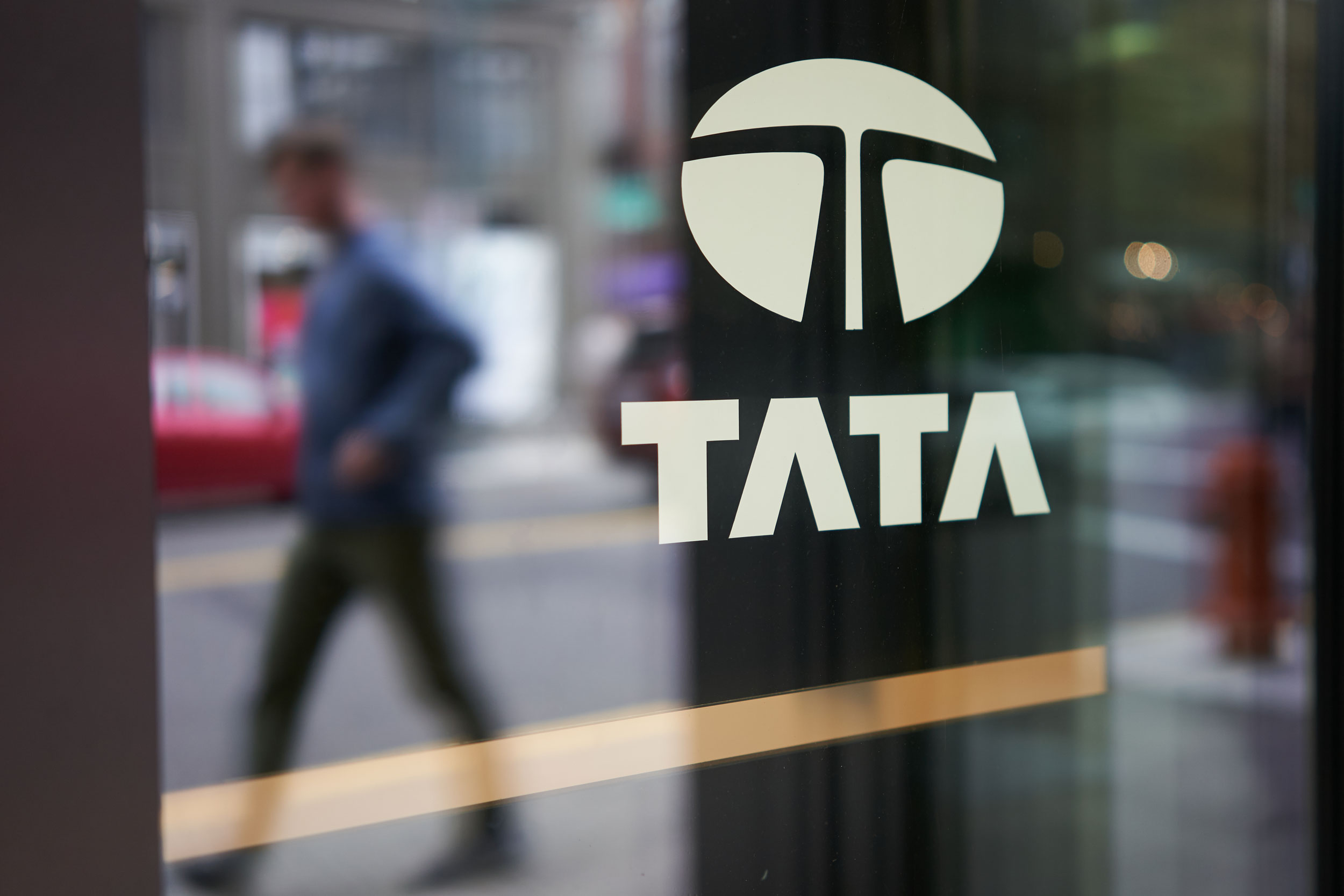The door has creaked open for the Centre to intervene in the fierce corporate battle between Ratan Tata and Cyrus Mistry.
The latest twist emerges as a result of the national company law appellate tribunal (NCLAT) verdict on Wednesday that ordered the Registrar of Companies, Mumbai, to revert the status of Tata Sons — the holding company for the $111 billion group — to a public company.
Tata Sons had altered its status from a public company to a private company in September last year after shareholders passed a special resolution authorising the change under provisions of the Companies Act 2013.
The NCLAT, however, declared the conversion illegal because of what it perceived as infirmities in the process that was adopted by the company and authorised by the RoC.
Senior officials of the ministry of corporate affairs — which oversees the activities of the RoC — say they are vetting the NCLAT order to identify the grounds on which they can independently challenge it before the Supreme Court when it reopens after the winter vacation.
“Soon, we will take a call on challenging the NCLAT order,” the officials said, taking pains to point out that the review that it will seek will be confined to the limited point whether the NCLAT can peremptorily direct the RoC to act in a certain manner.
But the Centre’s intervention — no matter how limited or circumscribed its challenge is — will almost certainly introduce a dimension to the case and could bring back memories of the manner in which the UPA government intervened in the spat between the Ambani brothers in 2010 over the sharing of gas from the Krishna Godavari offshore field.
In its order, the NCLAT had said “the conversion of the company from ‘public company’ to ‘private company’ by the RoC is against the provisions of Section 14 of the Companies Act, 2013 and ‘prejudicial’ and ‘oppressive’ to the minority members and depositors”.
It had declared the conversion of Tata Sons from a public company to a private company as illegal.
“The Registrar of Companies will make a correction in its record showing the Company (‘Tata Sons Limited’) as a Public Company,” the NCLAT order said.
Section 14 of the Companies Act 2013 clearly says that “any alteration having the effect of conversion of a public company into a private company shall not take any effect except with the approval of the tribunal (the National Company Law Tribunal) which shall make such order as it may deem fit.”
The Tatas had not approached the NCLT to ratify the decision of the Tata Sons’ shareholders before applying to the RoC seeking an alteration in the company’s status.
“Only after order of approval by the Tribunal, the company can request the Registrar …to register the company as a private company or public company as the case may be,” the NCLAT order had said.
The NCLAT order had said that there is no provision under the Companies Act 2013 for automatic conversion of a public company to a private company. Any move to convert the status of the company could only take place under the provisions of section 14 of the Act.
Tata Sons had argued that it could approach the Registrar of Companies on the basis of a General Circular no 15/2003 dated September 13, 2003 issued by the Central government and seek direct permission from the Registrar of Companies to change the Articles of Association and to record it as a private company.
However, the NCLAT ruled that the General Circular “cannot override the substantive provisions of Section 14 of the Companies Act 2013 which is mandatory for conversion of a public company to a private company”.
The two warring sides chose to maintain silence on the raging battle after the shock verdict issued by the NCLAT.

